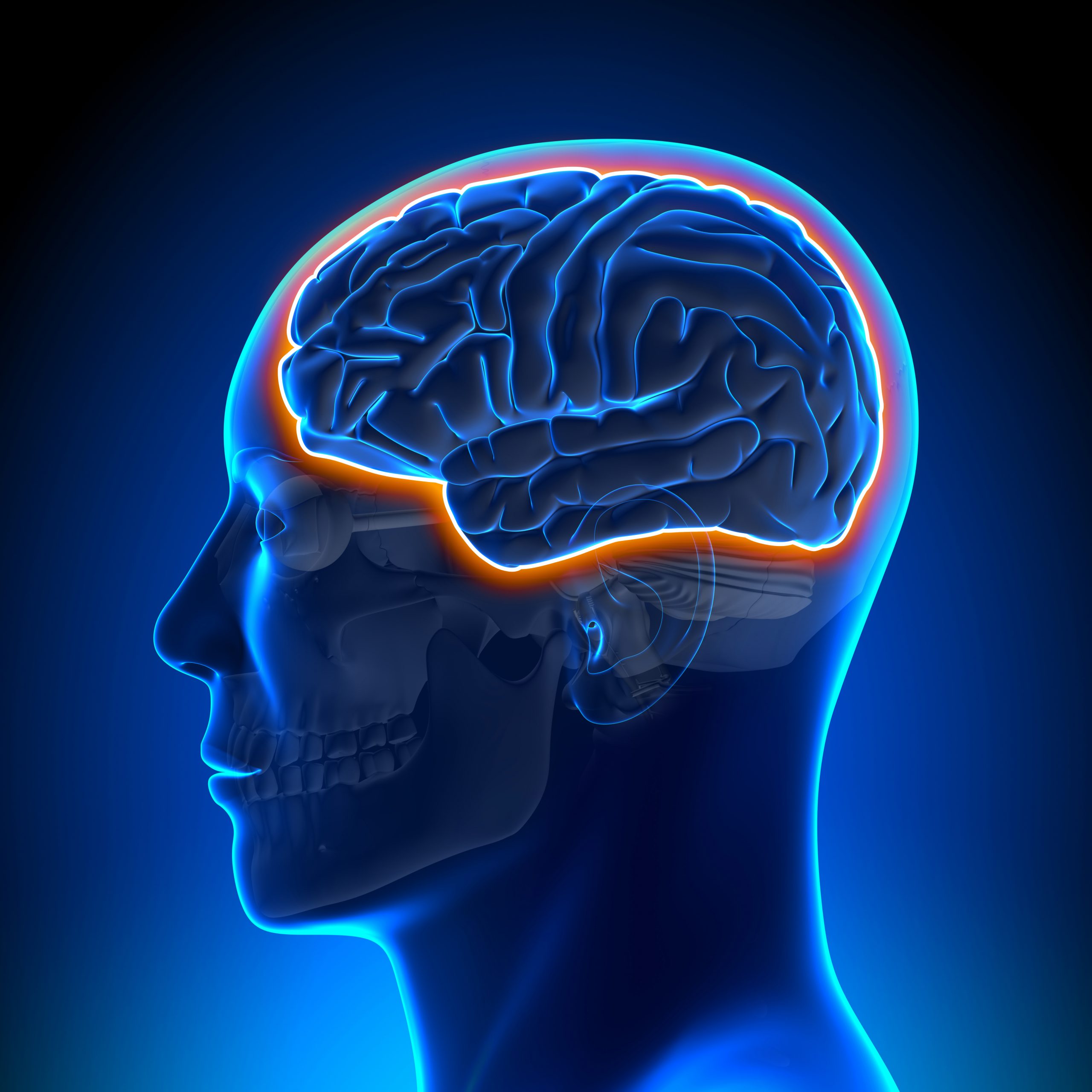Maplight Targeting Anxiety, Depression in Parkinson’s With $8.1M MJFF Grant

decade3d - anatomy online/Shutterstock
MapLight Therapeutics will use an $8.1 million three-year grant to tackle the common symptoms of anxiety and depression in Parkinson’s disease.
The Michael J. Fox Foundation for Parkinson’s Research (MJFF) grant will enable the biopharmaceutical company to open an expansive, systematic exploration of brain circuits and underlying mechanisms that cause psychiatric issues in the neurodegenerative disease.
The goal of the research is to hopefully identify new treatment targets that will address anxiety and depression, which can markedly affect quality of life in Parkinson’s patients. As it is, depression affects up to 60% of patients over the course of the disease, but is often overlooked and under-treated.
“It’s incredibly rewarding to kick off this new program with funding from The Michael J. Fox Foundation as part of our collective mission to understand and treat Parkinson’s disease,” Christopher Kroeger, MD, Maplight’s founder and CEO, said in a press release. “MapLight is looking forward to this first step in the critical research program with MJFF focusing on the development of more effective therapies for this challenging disease.”
The funding is part of a $16.5 million MJFF grant program announced in June for projects aimed at finding a cure or improved treatments for Parkinson’s.
In this project, Kimberly Thompson, PhD, and her MapLight Therapeutics team are using a tool called optogenetics, which controls genetically modified brain cells through light, to identify brain regions related to emotional control and motor function. These circuits may be damaged in Parkinson’s and may be involved in the development of non-motor symptoms.
Optogenetics will first be used to screen candidate brain circuits. A Parkinson’s model will then be used to confirm the circuits’ ability to prevent anxiety and depression. Additional physiological measurements are expected to reveal how the circuits are able to normalize network activity across the brain.
Results from the project could provide the framework for new therapies that target the identified circuits. They could also lead to diagnostic biomarkers and patient stratification — a strategy used to identify a subgroup of patients who are more likely respond to a new treatment in clinical trials.
“Symptoms of anxiety and depression impact many people living with Parkinson’s disease and remain difficult to treat even with existing therapies,” said Brett Benedetti, PhD, MJFF associate director of research programs. “We are proud to support MapLight and its cutting-edge approach to better understand the brain systems responsible for these mood disorders and illuminate routes to potential new treatments.”
In people with Parkinson’s disease, the main cause of depression is thought to be an imbalance in certain neurotransmitters that regulate mood. Depression may worsen motor and cognitive symptoms of Parkinson’s, and scientists have found that treating it can lessen motor symptoms and improve quality of life. Some existing treatments, however, may make Parkinson’s patients more prone to depression.
MapLight Therapeutics aims to discover and develop new therapeutics for patients with central nervous system disorders.






